
By: Maggie West
The UNC Center on Poverty, Work and Opportunity – one of the founding institutional partners of the Community Empowerment Fund (CEF) – is being threatened with closure by the UNC Board of Governors. This Center helped to launch CEF when it was barely even a dream, and beyond their support for CEF, has worked to combat the causes and effects of poverty in our state and to improve the circumstances of working people. This Center is now recommended for closure because of thinly veiled, politically motivated retribution for the vision and leadership of a center that won’t stay quiet in the face of blatant attacks on poor and working people from our current General Assembly.
The Poverty Center has provided invaluable support to CEF since we were founded in 2009, with staff acting as faculty advisors to UNC undergraduate volunteers as we were starting the organization, and since serving on our Board of Directors. Through their ongoing partnership with CEF, the Poverty Center has continued to empower undergraduate students at both UNC and Duke to engage meaningfully in addressing the issues of poverty in our local community. Through CEF student volunteers provide relationship-based support to individuals experiencing or at-risk of experiencing homelessness to assist towards achieving goals of gaining employment, securing housing, and building savings. The Poverty Center has acted as a source of teaching, research, and supportive service all throughout our development. Additionally during the past year, the Poverty Center extended their reach to provide direct legal assistance to CEF members, assisting ex-offenders to reenter the workforce.
However, I do not write today solely in my role with CEF. I write as a graduate of the University of North Carolina at Chapel Hill, Class of 2010, who was profoundly impacted on a personal level by the leadership, light, and unwavering commitment to public service of the Poverty Center. Forgive me, but the threat of closure to this center has found me waxing nostalgic about the many ways this center’s staff, research, and, yes, dare I say it… advocacy, has shaped me irreversibly.
I credit the Poverty Center with introducing me to the work of the North Carolina Fund, which under the leadership of Governor Terry Sanford and George Esser, and with activist-leaders from poor and minority communities all across the state, worked to address the crippling poverty facing NC in the 1970’s. In 2008, the Poverty Center helped facilitate documentary screenings and dialogues with former leaders of the NC Fund in partnership with the student organizationthat I led. The experience of listening to Ann Atwater, longtime community advocate in Durham and leader during the NC Fund, helped to form my understanding of the collective power of a community standing together in unity and across differences, and moreover, the endurance for change present in communities struggling for justice.
I credit the Poverty Center with introducing me to Rev. Dr. William Barber, when the center co-sponsored a keynote address by Rev. Barber in 2007 as a part of our organization’s annual Poverty Action Week. Eight years ago, his oratory shook me to my core and left me believing anew and faithfully in the possibilities and potential for opportunity for all people here in our state. Because of this faith, I’m still here, and again this past Saturday at HKonJ Reverend Barber reminded me why.
I credit the Poverty Center with introducing me to the devastating depth of the racial wealth disparity in North Carolina and the implications for building economic opportunities for all North Carolinians. The Center published critical research in 2010 analyzing and documenting in detail the level and nature of the racial wealth disparity in NC, as well as the causes of and strategies for addressing racial wealth inequality. This research, demonstrating that for every dollar in savings in a white household in NC, an African-American household held only six cents, was nothing short of a call to action for me.
I credit the Poverty Center with introducing me to the wide world of community development finance, stewarding a connection to leaders of Self-Help Credit Union in 2009. This connection completely transformed my understanding of the role of financial institutions and financial service providers in advancing economic opportunity and ownership for all people. As a result of this connection, CEF was able to launch our matched savings program, which has since enabled 298 homeless and near-homeless individuals to save over $300,000 towards personal savings goals.
And all of that was just while I was an undergraduate student – I won’t even get started on how their work has continued to shape me since I graduated.
As I reflect on the countless ways the Poverty Center has “serve[d] as a center for research, scholarship, and creativity” with “lux, libertas – light and liberty” in my own journey at Carolina, I can think of few centers that fit more closely with the mission of the University of North Carolina at Chapel Hill, seeking “to improve our society and to help solve the world’s greatest problems.” And I suppose, that as I reflect further, that is exactly what the current members of the Board of Governors are taking issue with – a mission of education that seeks to bring light and liberty to the state of North Carolina, when the days of darkness and slavery were so much more profitable.
So when Jim Holmes from the Working Group of the Board of Governors says, “I struggle to see how the poverty center fits with the academic mission of the UNC law school to train the next generation of lawyers,” and I juxtapose my own experience as a student so deeply affected by the Poverty Center’s teachings, research, and service to the people of our state, I know that there is no mistaking the true motivation behind the board’s proposed action.
And so, it is with a heart full of gratitude that I say to the staff of the Poverty Center: You changed my life. And because of that, one of the worst fears of these members of the Board of Governors has come true: I’m properly educated, and I will never stop fighting.
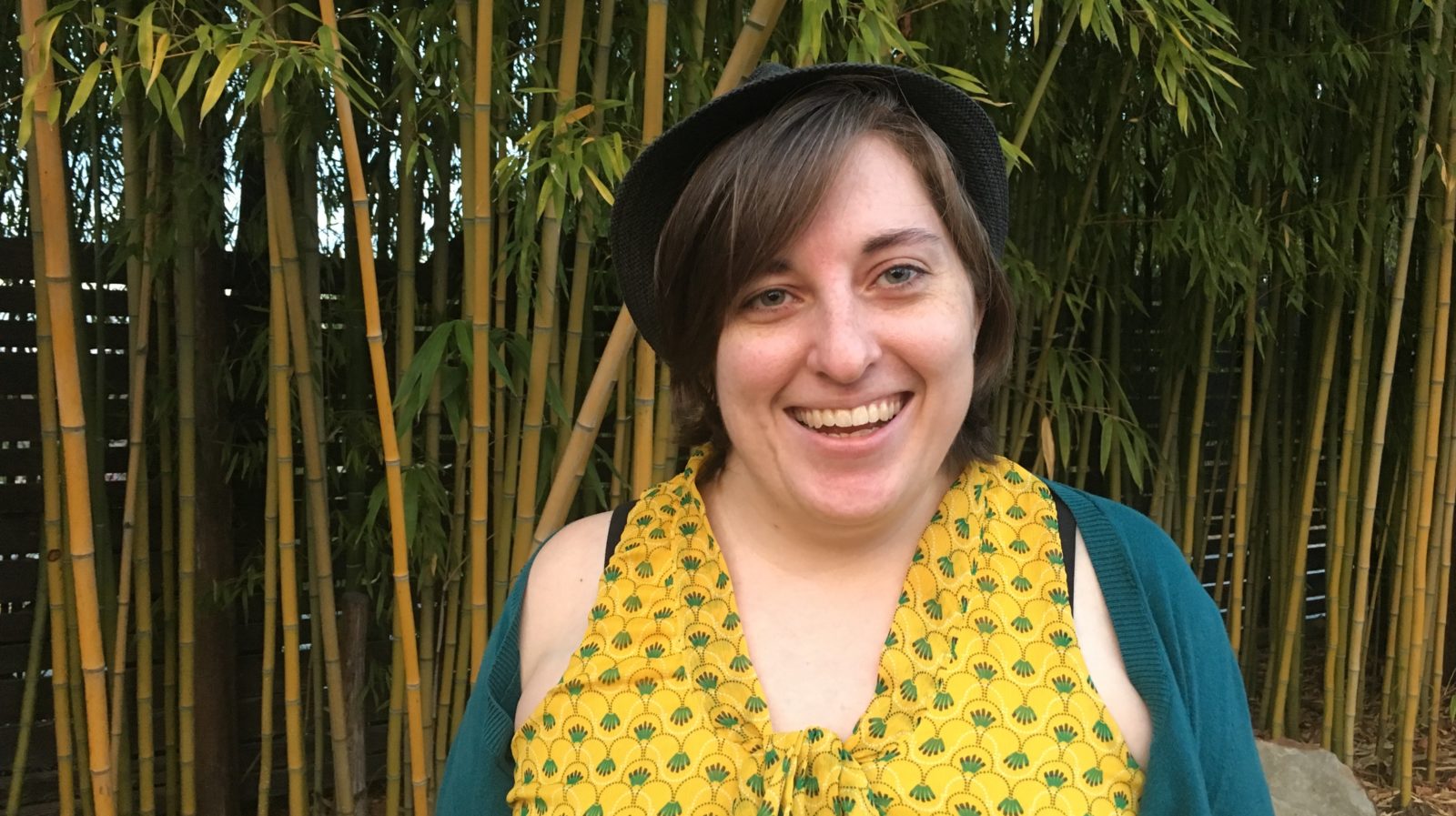

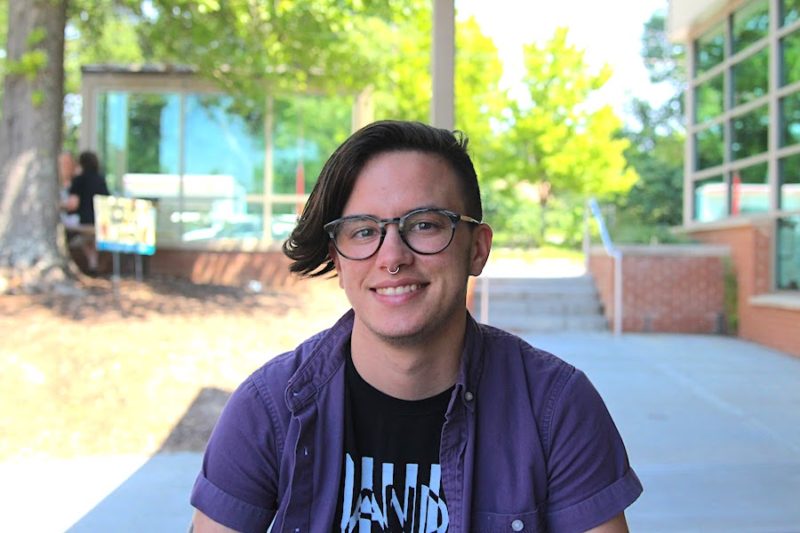
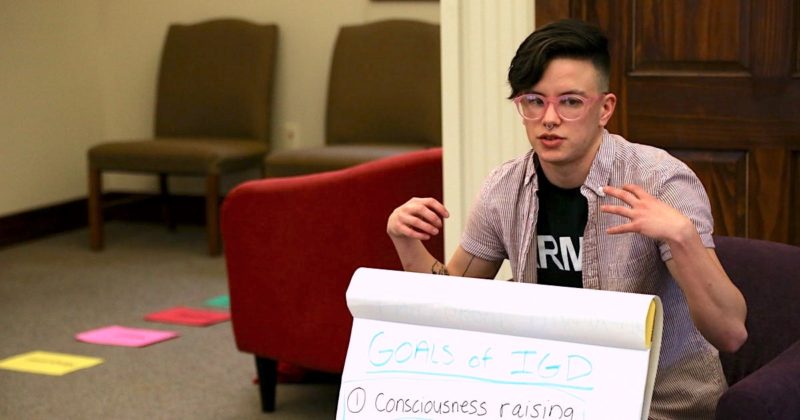
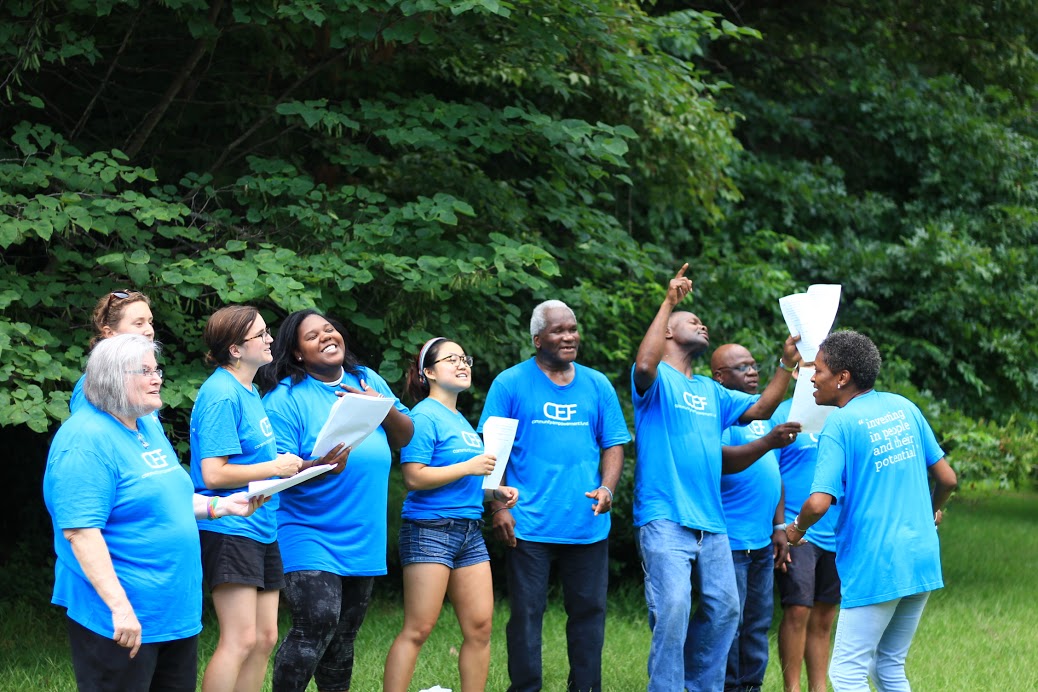

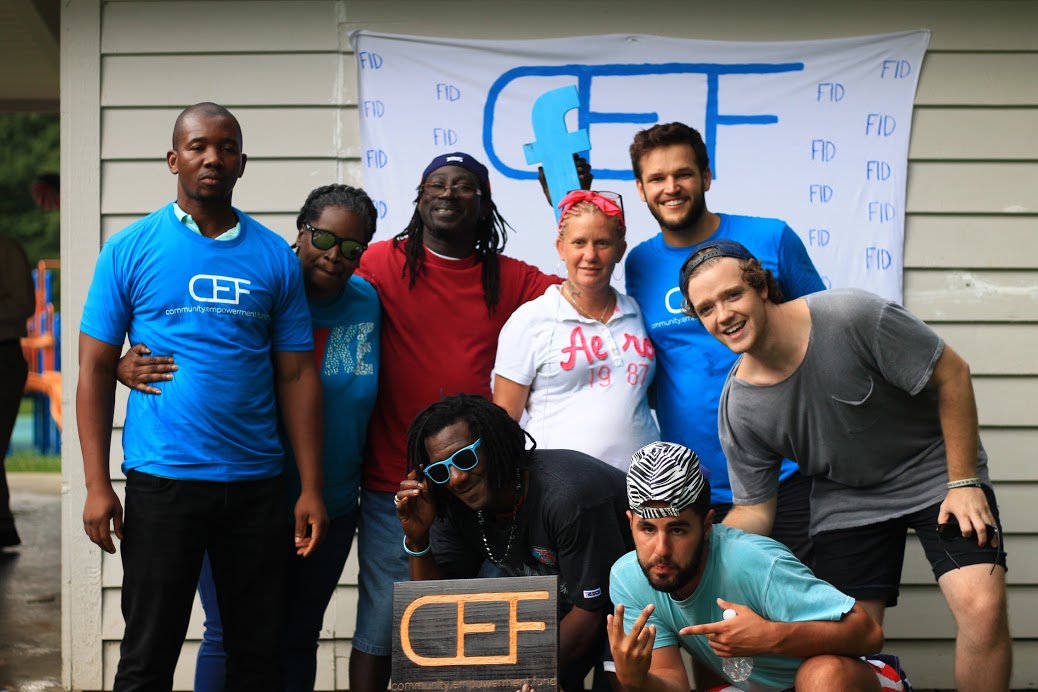
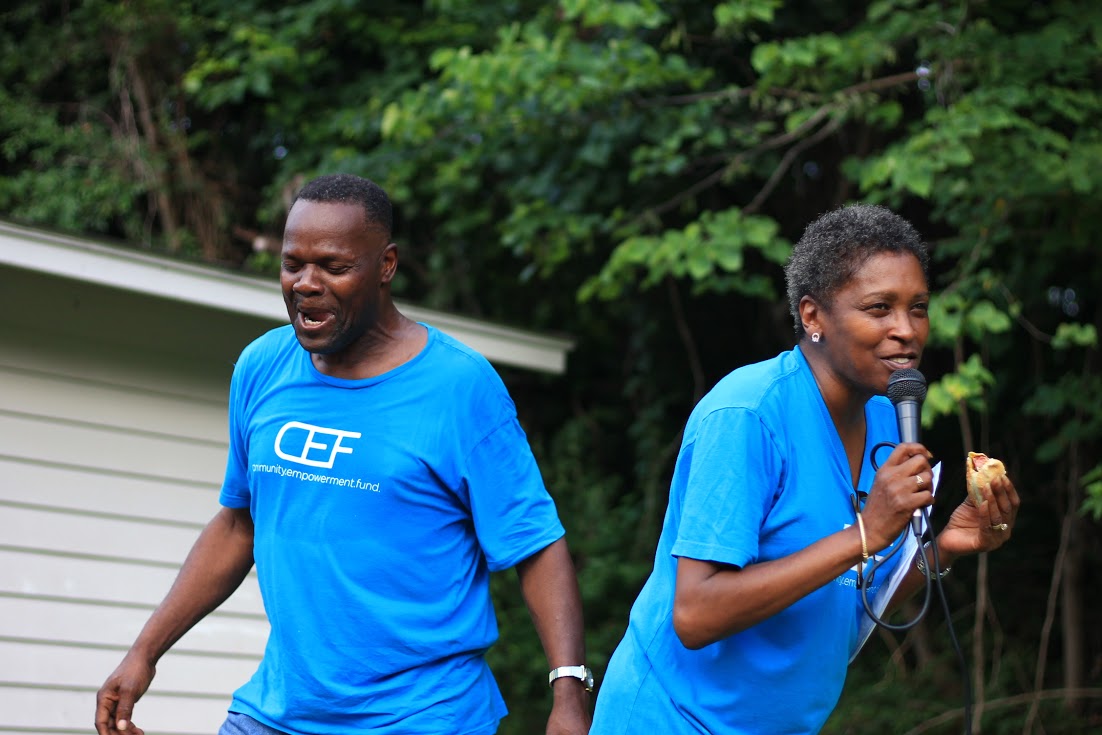
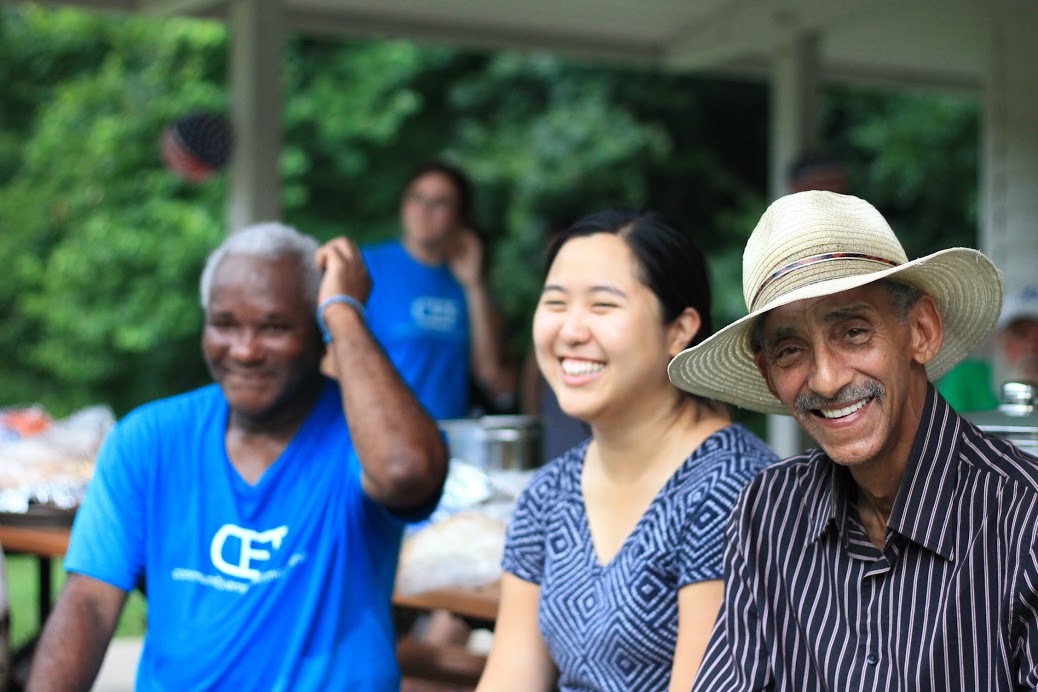





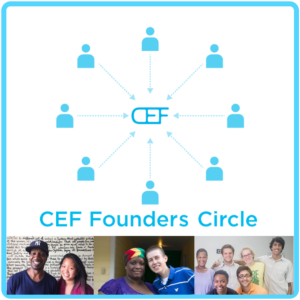




 By Sam Rains
By Sam Rains
